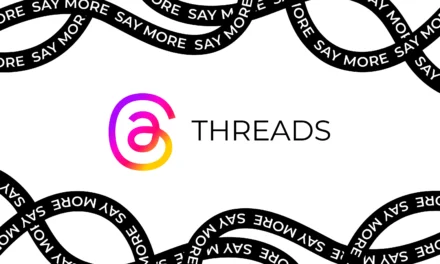We actually live in an era where digital marketing is critical to a company’s success. To keep up with current trends and changing customer expectations, you must be able to employ marketing strategies that did not exist ten years ago. It would be best if you were well-versed in marketing trends that can help your company march boldly into the future rather than simply keep up with it.
Omnichannel and multichannel marketing are two buzzwords that are frequently used when developing new marketing campaigns.
Multichannel Marketing
Multichannel marketing could be taken into account as an older marketing style. In this marketing strategy, you target ads across multiple channels to get your message across. A multichannel marketing campaign, for example, would consist of an ad campaign that ran from TV to print to radio.
You are employing an individualistic marketing strategy by utilizing various channels. Your content may overlap, but each channel you target is designed to draw customers from that channel. Your targeted TV campaign will attract customers who regularly watch TV and discover your product or service due to your specific TV advertisement. The same is true for radio, print, or any other medium where you may have placed an advertisement.
Simply put, multichannel marketing is a standalone campaign in which none of the targeted channels collaborates to form an overall campaign.
Omnichannel Marketing
Even though they both target multiple mediums simultaneously, the distinction between multichannel and omnichannel marketing can be confusing or confusing. A multichannel campaign may simultaneously target TV, radio, and print, but omnichannel marketing strategies will almost certainly do the same.
The distinction is in the personal aspect of multi-channelling. While multichannel marketing strategies can exist independently, omnichannel marketing is a comprehensive customer experience shared across platforms. That is, an omnichannel campaign will be consistent across all forms of media, regardless of where the advertisements appear.
This distinguishing factor enables customers to gain awareness of a brand or business while seamlessly experiencing the product through various mediums. It also enables brands to maintain consistency throughout a marketing campaign once they have identified an advertising campaign that meets their requirements.
Multichannel vs Omnichannel Marketing
Multichannel marketing remains extremely effective. The more a consumer group sees your product, the more likely it is that they will purchase it. The more channels you place that product on, customers will likely see it.
For a good reason, omnichannel marketing is the most popular strategy in modern marketing. Omnichannel marketing gets a product or brand into a customer’s mind and keeps it there with repetition and constant reinforcement.
Final Summary
With the advancements and innovation of multichannel marketing, omnichannel marketing would exist. Although it may not always have a seat at the future marketing table, multichannel marketing has paved the way for omnichannel marketing and any marketing campaigns that emerge in a digital future.





